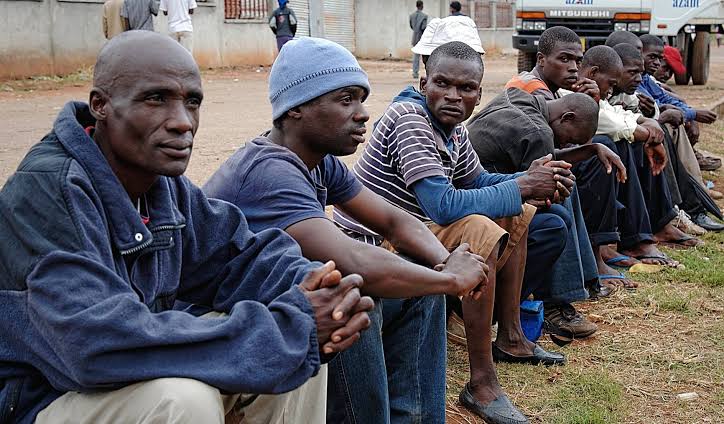I was at a naming ceremony today. To say I wasn’t the happiest will be an understatement of the year.
The parents are so-called Christians. Why I doubt their Christianity will soon be apparent. By the way, I used to think it was only the Pentecostal churches that weren’t doing things the way we used to do them.
You know, I don’t believe in the new Pentecostal churches. I tend to think they teach their members to be stingy.
But then their General Overseers dress well. They ride the best cars and some even have fleets of aircraft.
The mummy G. Os. are another thing entirely. If it isn’t designers’ they probably won’t wear it.
Anyway, we aren’t talking about them today.
You see, I am a veteran of naming ceremonies. In those days, naming ceremonies were organised to honour the child or children, in case of multiple births.
We first had the isomoloruko, naming, early in the morning. The naming extended to the evening, when the alakowes, office workers, came back from work.
There were times I skipped school because of naming. Namings then were really enjoyable.
Normally, it was done in a sitting room. The parents of the child, the priest, close relatives would be in attendance. If the sitting room was big enough to accommodate more people, other people too would be accommodated therein. Of course, a canopy would be outside to take care of other relatives and friends.
The usual song for a naming was, A f’ope f’Olorun, Now thank we our God. The song was so popular in those days that if you heard the song in a house then, you could be sure a naming ceremony was taking place therein.
There would be a table in the center usually covered with a white table cloth. It’s on that table the paraphernalia of the naming would be put, seated in white bowls.
The bowls would contain sugar, honey, water, kolanuts, bitter kola, alligator pepper, smoked fish, dried bush meat, salt, etc.
After asking for the names that the parents wanted to name a child, the priest would stand carrying the child. He would then start calling each name of the child and be putting a nibble of each item in the child’s mouth. He would then start to pray.
For instance, honey: Adewale, this is honey. Your life will have honey.
The bowl containing that particular item would then be passed amongst those in the front, which of course included the parents, and then to the rest of the people.
As a toddler, I would have been satiated with all these. However, more was still to come.
After what I will refer to as initial sampling by the child. Another, white bowl would go round. It was for owo omo, monetary gift for the child. Generally, the money was given to the parents.
Meanwhile, at the backyard, the agbari Ojukwu was already busy on the fire. Agbari Ojukwu was named after the Eze Igbo Gburugburu, the Ikemba of Nnewi, Chief Emeka Odumegwu-Ojukwu. It was a black, somewhat flat cooking pot.
A stew was being brewed. It was bringing that peculiar aroma that only went with namings.
Normally, the stew went well with bread. It could also be taken with yam. And it could be useful in the early afternoon for those that wanted to eat rice or eba.
There was also specially made tea to go with the meal. The country was good then, so it was Peak milk and St Louis sugar that were used in addition to first bongo and later Lipton tea.
Naming ceremonies were all day affairs in those days. So, if you were close to the parents, you could be sure of having all your meals there that day.
Of course, elderly people, being omoluwabi wouldn’t try such. But toddlers were always useful there. In exchange for delicious food, of course.
Ki l’omode mo?
050717







